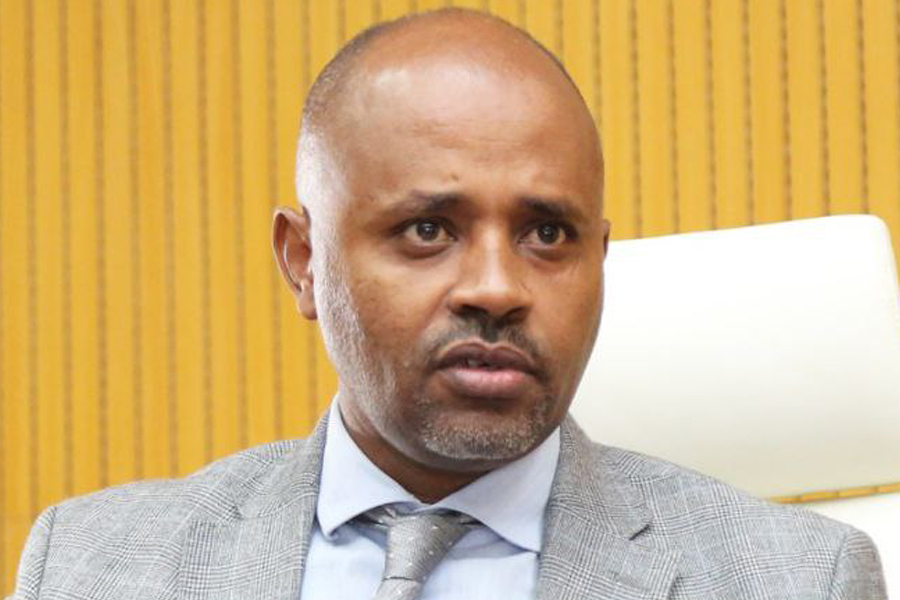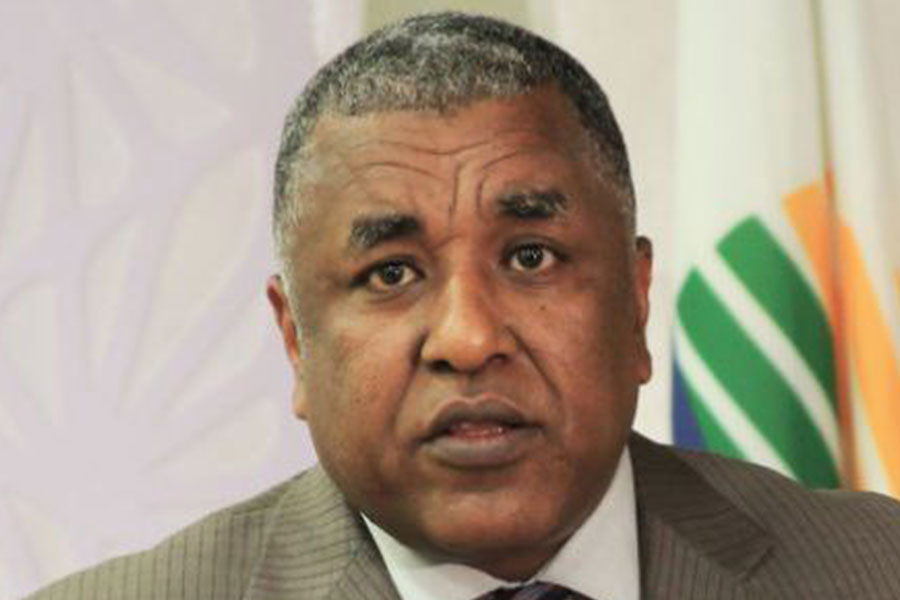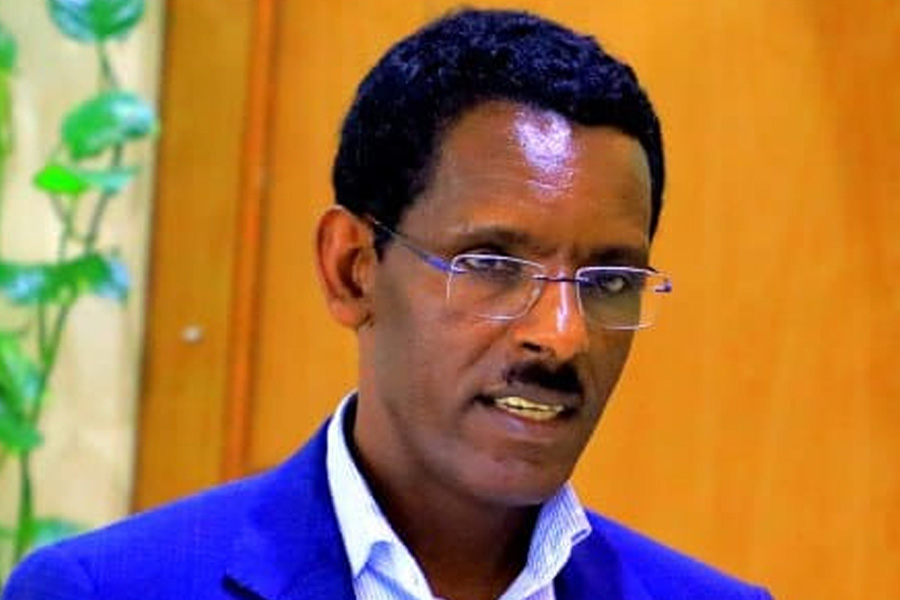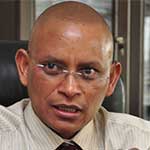
Fortune News | Aug 25,2024
Oct 19 , 2019
By ELIAS TEGEGNE ( FORTUNE STAFF WRITER )
A technical committee led by the Federal Ethics & Anti-Corruption Commission will be conducting a regular investigation and follow up on the activities of the Ministry Mines & Petroleum.
Composed of experts from the Commission, the Ministry and the Extractive Industries Transparency Initiative, the Committee will have three to five members and will meet every three months. It will also submit reports every six months to the institutions and the parliament. The Committee compiles reports after collecting data and information from the Ministry, which is identified as prone to corruption.
Over the past couple of years, the export revenue generated from the sector has been significantly dropping. Six years ago, the export of mineral products generated 650 million dollars but dwindled to 49 million dollars in the last fiscal year. Corruption practices and pilfering were attributed as a cause for the decline.
The agreement for the investigation was signed between Samuel Hurkato (PhD), minister of Mines & Petroleum, and Ayelgn Mulualem, commissioner of the Anti-Corruption Commission on October 15, 2019, at the premises of the Ministry.
"We want the sector to be transparent and accountable," said Samuel.
According to the agreement, the Ministry will conduct nationwide research workshops to help and protect the area from corrupt practices; organise capacity building training, professional consultation and experience-sharing activities; and promote the negative sides of corruption in mass media and print outlets.
Reporting and registering the wealth of the officials at the Ministry, establishing monitoring systems to prevent corruption and corrupt practices on large purchases and developing and implementing a code of ethics for the staff of the department and the private investors involved in the sector is also part of the responsibilities of the Ministry under the agreement.
Providing professional support, awareness creation training, forming policies and strategies around anti-corruption laws and taking a systematic approach to identify the most vulnerable mining sector to corruption and corrupt practices are the mandates of the Commission.
Moreover, the Commission will have the responsibility of monitoring the implementation of the Ministry's corruption prevention strategy.
Apart from the separate role of the two government organisations, main activities to be done jointly include investigating national corruption, transparency in licensing and taking corrective measures as necessary.
As a strategy of implementing the MoU, a performance monitoring team will be formed by the commission, the ministry and from the Ethiopia Mine Industry Transparency Initiative to evaluate the work of the Committee.
Tadesse Haile (LLB), a legal expert, says that citizens should also be involved in the monitoring process since natural resources are a wealth of the country.
"Strong corrective actions should be taken on corrupt actors based on deep surveys and follow up," Tadesse said.
Tadesse also recommends the Commission and the Ministry strive to create honest public servants and work toward assuring the accountability of all actors in the mining sector.
PUBLISHED ON
Oct 19,2019 [ VOL
20 , NO
1016]

Fortune News | Aug 25,2024

Radar | Jul 29,2023

Radar | Mar 09,2019

Fortune News | Apr 17,2020

Radar | Dec 01,2024

Radar | Mar 23,2024

Verbatim | Feb 22,2020

Commentaries | Jan 28,2023

Radar | Jul 07,2024

Fortune News | May 21,2022

Dec 22 , 2024 . By TIZITA SHEWAFERAW
Charged with transforming colossal state-owned enterprises into modern and competitiv...

Aug 18 , 2024 . By AKSAH ITALO
Although predictable Yonas Zerihun's job in the ride-hailing service is not immune to...

Jul 28 , 2024 . By TIZITA SHEWAFERAW
Unhabitual, perhaps too many, Samuel Gebreyohannes, 38, used to occasionally enjoy a couple of beers at breakfast. However, he recently swit...

Jul 13 , 2024 . By AKSAH ITALO
Investors who rely on tractors, trucks, and field vehicles for commuting, transporting commodities, and f...

Nov 1 , 2025
The National Bank of Ethiopia (NBE) issued a statement two weeks ago that appeared to...

Oct 25 , 2025
The regulatory machinery is on overdrive. In only two years, no fewer than 35 new pro...

Oct 18 , 2025
The political establishment, notably the ruling party and its top brass, has become p...

Oct 11 , 2025
Ladislas Farago, a roving Associated Press (AP) correspondent, arrived in Ethiopia in...